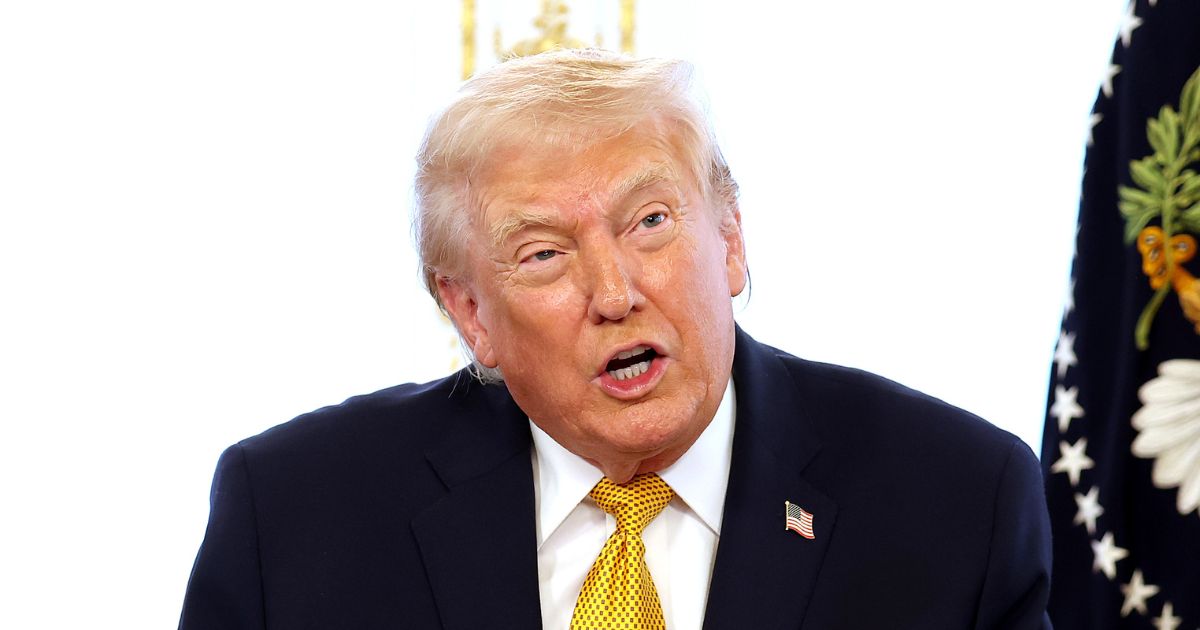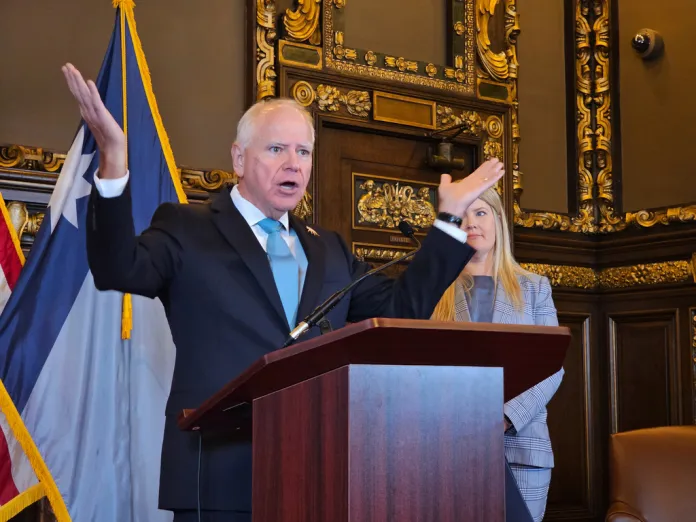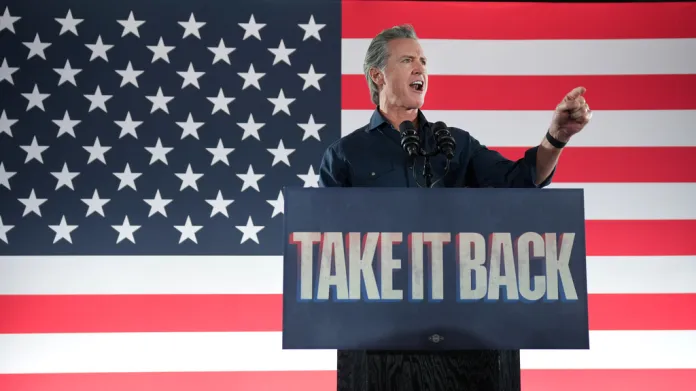If Harris Ends The Filibuster ‘For Roe,’ She’ll Force A Fracking Ban
The article discusses the implications of Vice President Kamala Harris’s support for a filibuster exception regarding abortion legislation and its potential effects on future energy policy, specifically fracking in the United States. Harris’s statement suggests that if Democrats achieve unified control of Congress and the presidency, they would pursue significant legislative changes beyond abortion, including energy policies.
The article explains the idea that one cannot partially support the filibuster—it is an all-or-nothing stance. It references past actions by Senate Democrats in 2013 and subsequent Republican moves to eliminate the filibuster for presidential nominees, highlighting the potential for bipartisan conflict if the filibuster is weakened or removed.
Senator Joe Manchin expresses concern that abolishing or altering the filibuster would lead to a more chaotic Senate and diminish cooperative governance, making it akin to the House of Representatives’ dynamics. The article concludes by outlining the extensive legislative agenda that Democrats might push through if they were to bypass the filibuster, which includes various socio-political reforms.
What does abortion have to do with the future of fracking in the United States? Much more than one might expect.
Kamala Harris’ announcement that she supports an “exception” to the filibuster underscores the stakes in November’s election. If Democrats gain unified control of both houses of Congress and the White House in January, Harris’ statement makes clear that they would undoubtedly use their power to pass radical legislation — not just on abortion but on energy and many other topics.
Democrats Would ‘Nuke’ the Filibuster
At the risk of mixing metaphors during a discussion of abortion policy, one cannot be half-pregnant when it comes to the Senate filibuster. Harris’ talk of an “exception” masks what is ultimately a binary choice: You either support the legislative filibuster or you don’t.
Consider that in 2013, Senate Democrats abolished the filibuster rule for presidential nominees — both executive branch officials and lower court judges — while retaining a carveout that still required 60 votes to confirm Supreme Court justices. That 60-vote requirement for Supreme Court justices lasted until … the next vacancy on the Supreme Court, whereupon Republicans, who by then had retaken the Senate, abolished the Senate filibuster for presidential nominees entirely.
To use Harris’ own phraseology, hear her when she says, “We should eliminate the filibuster.” She doesn’t just mean “for [codifying] Roe [[v. Wade],” she means for anything that gets in Democrats’ way.
Harris and other Democrats have proposed so many different “exceptions” to the filibuster that, even by the end of a two-year Congress, the “rule” would ultimately look like Swiss cheese. Whenever they regained unified control, Republicans would not (and should not) agree to a one-sided fight — where passing Democrat priorities takes only 51 Senate votes, but passing Republican priorities takes 60 senators — and would likely abolish the filibuster outright.
In Thrall to the Left Wing
In attacking Harris’ gambit, Sen. Joe Manchin, I-W.Va., resorted to a bit of hyperbole when he called the filibuster “the Holy Grail of democracy.” Both the secret ballot and the First Amendment likely matter more when it comes to preserving freedom of thought and expression in the country.
But Manchin accurately summarized the danger when he said that the filibuster is “the only thing that keeps us talking and working together” in the Senate: “If [Harris] gets rid of that, then this [i.e., the Senate] would be the House on steroids.”
In that sense, he is certainly correct that changing the filibuster would unleash the radical furies of his former Democrat colleagues. For instance, Sen. Bob Casey, D-Penn., in responding to Harris’ comments, said that “the 60-vote rule has been an impediment to progress on a whole host of fronts,” citing “voting rights … women’s rights, workers’ rights … common sense gun measures to reduce gun violence” as some of the issues he wanted to override the filibuster to enact.
Consider all the bills Casey’s comments mean Democrats would likely pass under unified control: national legislation overriding voting laws and standards in the 50 states, the abolition of the secret ballot — which is the “Holy Grail of democracy” — in union elections, intrusions on Americans’ Second Amendment rights, and taxpayer-funded abortion on demand.
Democrats Will Ban Fracking
Casey’s Pennsylvania constituents, who have benefited significantly from the fracking boom in recent years, should take note of this purportedly “moderate” senator’s extremism. With Democrats proposing all those various “exceptions” to the filibuster, does anyone really believe that they would not similarly break the Senate’s 60-vote requirement to pass a ban on fracking? And does anyone really believe that, if Democrats passed a fracking ban in Congress, Kamala Harris — who not five years ago pledged to eliminate the filibuster to pass the Green New Deal — would veto such a measure?
Therein lies the connection between abortion and fracking. Democrats will use the former as a “wedge” issue to nuke the filibuster, allowing them to ban the latter and enact many other bad policies.
While Harris is attempting to portray herself as a moderate between now and Nov. 5, her comments on the filibuster and abortion gave the game away. Voters now should understand the stakes — and vote accordingly.
Chris Jacobs is founder and CEO of Juniper Research Group, a policy consulting firm based in Washington, and author of the book “The Case Against Single Payer.” He appeared in the 1995 “Jeopardy!” Teen Tournament and is on Twitter: @chrisjacobsHC.
" Conservative News Daily does not always share or support the views and opinions expressed here; they are just those of the writer."




